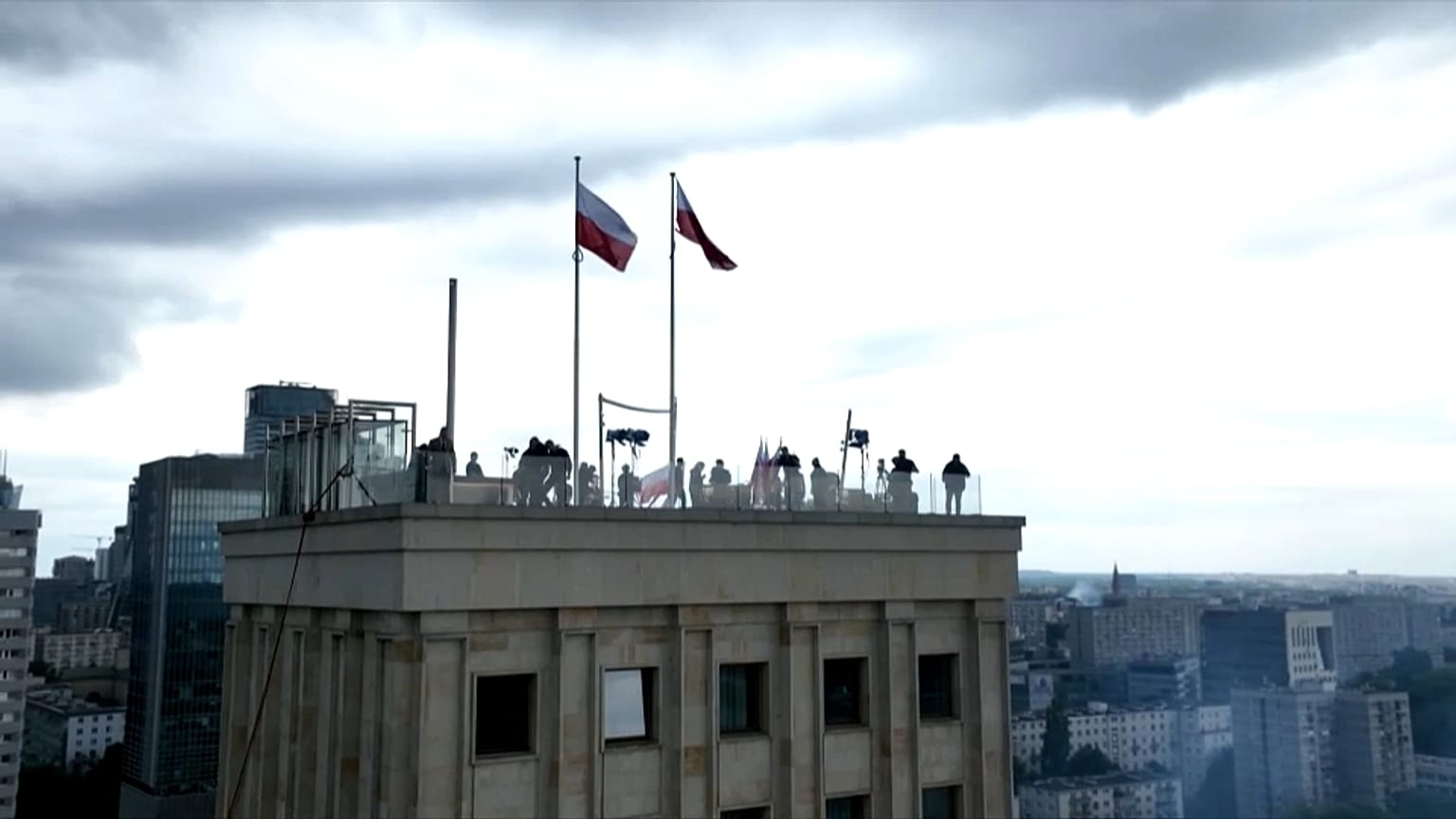At five o'clock sharp, Poland paid homage to the heroes of the Warsaw Uprising.
As every year, at the "W" Hour, the sirens went off and church bells rang.
Cars and public transport stopped for a minute on the streets of Warsaw and other cities. Passers-by also stood for a minute to pay tribute to those who fought in the Warsaw Uprising and the victims of the heroic uprising.
Throughout the day, ceremonies commemorating the heroic uprising 79 years ago took place in many places in Poland.
The president laid flowers on the grave of General Antoni Chruściel "Monter", who was the commander of all insurgent forces in the Warsaw Uprising.
In front of the Gloria Victis monument, during the central celebrations on the 79th anniversary of the outbreak of the Warsaw Uprising at the Powązki Military Cemetery, the heroes were commemorated by President Andrzej Duda, Speaker of the Sejm Elżbieta Witek, Prime Minister Mateusz Morawiecki, head of the Ministry of National Defense Mariusz Błaszczak and Minister of Culture and National Heritage Piotr Gliński.
On August 1, 1944, about 40-50,000 people took part in the Warsaw insurgency.
The uprising planned for a few days, lasted over two months.
During the fighting in the capital, about 18,000 insurgents died and 25,000 were wounded. Losses among the civilian population were huge and amounted to about 180,000 dead. The surviving inhabitants of Warsaw, about 500,000, were expelled from the destroyed city, which was almost completely destroyed by the Germans after the uprising.















